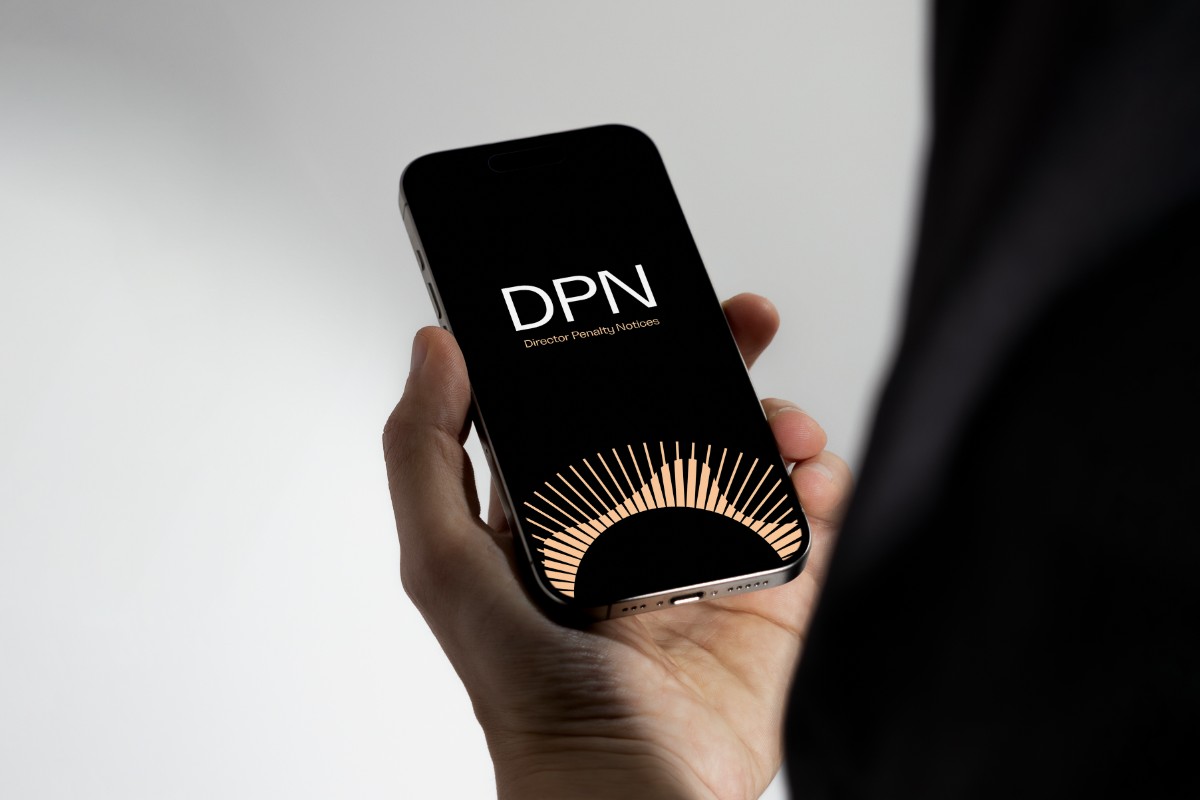

If you’re a company director in Australia, your role carries more than just strategic weight, it carries legal responsibility. That responsibility now includes personal liability for unpaid company taxes like PAYG, GST and superannuation.
The ATO’s Director Penalty Regime has become a key enforcement tool and the risk is growing. As of 2025, we’re seeing more clients caught out by Director Penalty Notices (DPNs) due to late lodgements or underreported liabilities.
Understanding what triggers a DPN and how to act if one lands in your inbox, is essential for protecting your personal and financial position.
A Director Penalty Notice (DPN) is a formal notice issued by the Australian Taxation Office (ATO) to make a company director personally liable for certain unpaid company taxes. These typically include:
• PAYG withholding
• Superannuation Guarantee Charge (SGC)
• GST (from April 2020 onwards)
In essence, if a company fails to meet its tax obligations, the ATO can pursue directors individually to recover the debt, even if the business becomes insolvent.
There are two main types of DPNs and they carry very different consequences:
Lockdown DPN
• Issued when a company fails to lodge its BAS or Superannuation Guarantee Statement (SGS) within the required timeframe.
• If this happens, the director is automatically and personally liable for the debt.
• The only way to remit (remove) the penalty is to pay the debt in full even if the company is placed into administration or liquidation.
Non-Lockdown DPN
• Issued when the company has lodged its returns on time but hasn’t paid the tax owing.
• In this case, the director has 21 days from the date of the notice to take action:
o Pay the debt,
o Appoint an administrator,
o Begin winding up the company.
If none of these actions are taken within the 21-day window, the director becomes personally liable.
DPNs bypass the usual legal protections offered by a company structure. Directors may believe they’re shielded from personal liability but, DPNs change the game.
Once a DPN is issued, the ATO can:
• Garnish a director’s personal bank account or wages,
• Register a judgment debt against them,
• Begin legal proceedings for recovery.
This can have long-term effects on a director’s financial position, credit rating, and ability to serve on other boards.
As a director, it’s your responsibility to ensure the company meets its tax obligations even if you’re not involved in the day-to-day finances.
Here’s what we recommend:
Lodge on Time — Even If You Can’t Pay
Timely lodgement protects you from lockdown DPNs. If you can’t pay the full amount, work with your accountant or advisor to set up a payment plan, but don’t delay reporting.
Review Your Company’s Tax Position Regularly
Make tax compliance a regular agenda item. Review lodgements, upcoming obligations, and cash flow implications before they become problems.
Act Quickly on ATO Notices
If you receive a DPN, time is of the essence. You have just 21 days to take corrective action and ignoring the notice could leave you personally on the hook.
Understand Your Exposure, Even if You’ve Just Been Appointed
New directors can also become liable for historical debts if they don’t act within 30 days of their appointment. Always conduct due diligence when joining a company.
At Attune Advisory, we work closely with business owners to ensure compliance and minimise risk. Whether it’s keeping your lodgements up to date, forecasting liabilities, or helping navigate complex ATO communications, we’re here to support you every step of the way.
If you’ve received a DPN or are concerned about potential liability, don’t wait. Early advice can make all the difference.
Book a confidential consultation with our advisory team today.
We’ll help you take control, stay compliant, and protect your future.
So if you’d like advice on a DPN or your tax debt risk, give the team a call on 1300 866 113 or contact us here to start the conversation.
